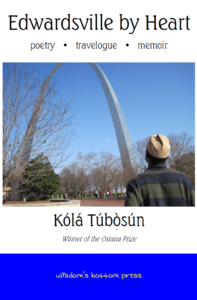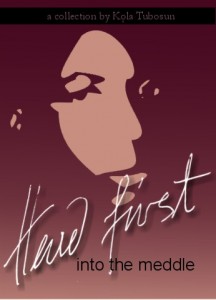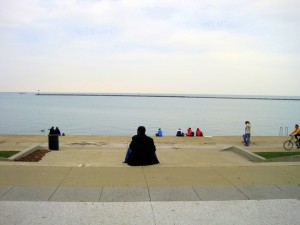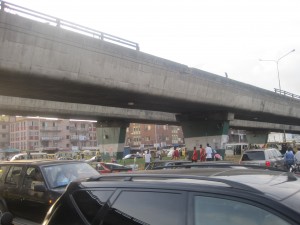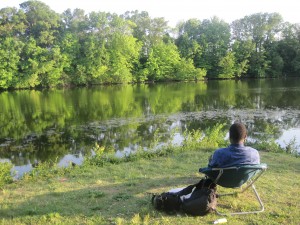Edwardsville by Heart
Published. November 2018
“This book is an artistic map disguised as a volume of poetry.” —Howard Rambsy II, Professor of English, Southern Illinois University Edwardsville
“In form and content, this is a convincing collection of travel verse tinged with nostalgia. I enjoyed the empathy, hilarity, and curiosity of these poems.” —Uche Nduka, author of Ijele.
“Kọ́lá Túbọ̀sún gives us fresh eyes to see what we thought was familiar, allows us to contemplate what it means to be a stranger, what it means to belong, what it means to learn and to teach, to listen and to speak. —Geoff Schmidt, author of Out of Time (University of North Texas Press).
“Edwardsville by Heart, brilliantly and attentively paints an inclusive sense of encounter with a new place and a different people through perspectives which are at once inquisitorial and acquiescent, with uncommon tenderness and insight, amplifying in the process the wonder and transmutability of the experience of human connection with foreignness and difference.” —Peter Akinlabí, author of Iconography
“Kola’s creations are nuanced just as an artist performs and captures a mood to immortalize moments. He effortlessly transforms complex issues into sensory, breathtaking images and music. With his authentic and electric voice, I consider him one of the best contemporary Nigerian poets.” — Unoma Azuah, Professor of Creative Writing, and Writing Instructor at the Illinois Institute of Art, Chicago, IL
“The nomadic drive of this book propels the reader through the exploration of self as home, as nation, as language, as love and as displacement… it is the journey that holds it together.” — Chris Abani, author of GraceLand and Sanctificum.
________
Behind the Door, a short story
(published in African Roar – An Anthology. 2009).”
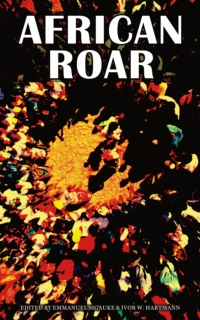
Buy African Roar
Get the African Roar e-book edition direct from the Kindle Platform (worldwide) for iPad, Kindle, iPhone, iPod Touch, BlackBerry and PC.
_____________________________
What reviewers said…
“The author uses a straightforward story telling style combined with a controlled voice and well handled characters who are carefully manipulated to advance the tale. Every scene works well to give that sense of compactness; the author has a clear mastery of the voice he has chosen to assume and moulds a neat story dabbed here and there with tints of intellectualism. ” – Critical Literature Review (2009)
“In Behind the Door, Kola Tubosun deploys his trademark penchant for teasing the wondrous out of the ordinary in a cute story about waiting for the results of an HIV/AIDS test in Nigeria… an affecting story.” – Ikhide Ikheloa
“In his story Behind the Door, a young man takes a life altering decision when he goes for an HIV test. Myths and facts are fused as the young man waits to know his status. You just have to read on to find out what happens to his fear and confusion as the moment of truth descends on him.” – Zeblon Nsingo.
“The writer packs enough suspense in(to) the story…” – Nana Fredua-Agyeman
“And then, there was the final scene of the story, which is powerful in it’s simplicity.” – Solomon Sydelle
“It is humorous without being frivolous or tasteless and has a serious undertone without in any way moralizing. It opens with a nonchalant, sophisticated tone… (and) the end is fittingly serious and thought provoking… this story would be a valuable addition to any high school syllabus since it presents the facts and an impetus for discussion in an ingeniously unstuffy and undidactic way.” Elinore Morris
“Tubosun’s way of narrating the story without muddling it up with unnecessary flash-backs eliminates the banality that is normally associated with such a story… In “Behind the Door, his mastery of creating suspense as a writing skill pays off greatly in gluing the reader’s attention to it.” Joseph Omotayo
“…it’s a nicely flowing piece, youthful and with a hint of the tragic at the same time. A universal story with an African setting, capturing one episode in a perpetual tragedy humans are dealing with all over. As a work of art, it has the ease and playfulness of O’henry, and a kind of twist that calls Maupassant to memory.” – Abdul Adan
“When (the character) retreats within himself, his conscious is allowed to expand, and so, too, does the writing, Tubosun’s sentences uncoiling like languorous snakes willing to take their time to reach their destination.” Damian Kelleher
__________________________
Headfirst into the Meddle
HEADFIRST INTO THE MEDDLE, (March 2005) Chapbook published by Khalam Collective, Jericho, Ibadan
ABOUT THE BOOK
Heavy paces of annual contrition
Have trekked like peasant armies on a sea of evil heads
On thousand squelching grains of stone
As small rocks of war
‘On winning the prestigious Okigbo Poetry Prize of the University of Ibadan, the judges had remarked: “with such a transgressive scope of theme, a ‘nuanced’ and textured language overlaying an experimental structure, Kola Tubosun holds promise for the emergent tradition of poetry among young Africans.”
But the current collection seems to tear off the moorings of even those early beginnings, yielding in its wake a craft so unsuspecting, yet needling the crest and trough of daily living.
A suspicion: the poet’s unbound ancestry of influences ranges from echoes and refrains of the neo-classical though without constraints on the vision of subject matter, through the rebellious penchant of the romantic, even the tendentious in sub-cultural feel and registers. He evokes them with passion, and a rare sarcasm that gestures at traditional Africa’s notion of the capacity of aesthetics to neutralize thwarting energies.’
